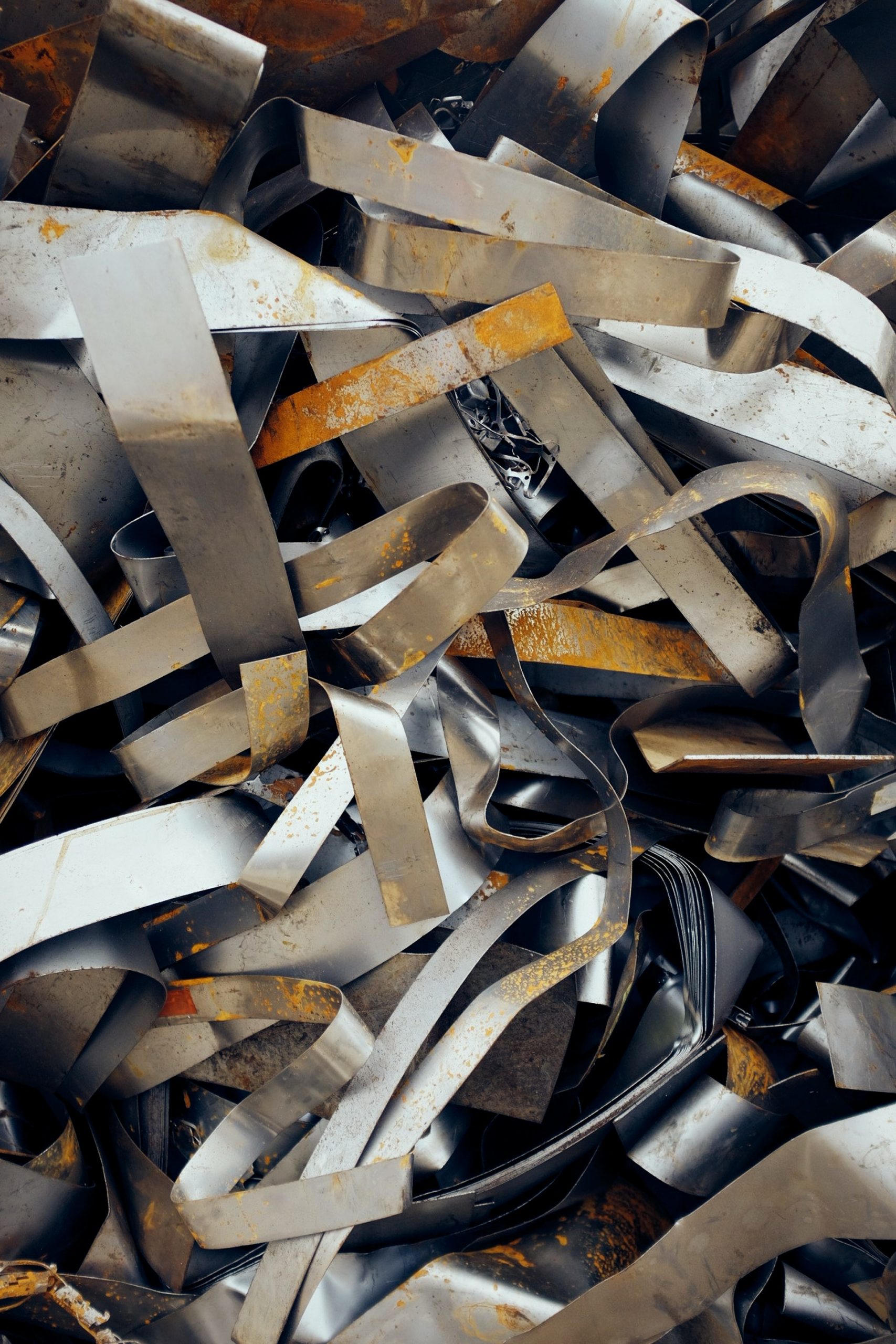European scrap prices are seen increasing in January, sources in France, Germany and some Eastern European countries believe.
Large steelmakers are seen increasing prices of finished long products for January and scrap is said to be in short supply in Europe, particularly E40 shredded grade. In Eastern Europe, sources say the snowy weather this week is not helping collection, and sellers also talk about poor availability, particularly for the lower grades. E8 new arisings is meanwhile largely available but not so much in demand.
Meanwhile, German suppliers are offering lower tonnages to Italian mills this month, due to short availability. Import contracts in Italy from France and Germany are stable compared to November. However, Italian mills will have to pay a €10-12/tonne ($10.5-12.6) rail freight increase for scrap delivered from Germany and some €5-7/t increase for scrap delivered with intermodal transport. While the transport increases are still being negotiated, all import contracts have been agreed with the option to pay some €10/t on top for rail transport from 1 January.
Imported scrap volumes are lower this month, also due to Italian mills shutting down for the Christmas holiday break. Contracts from France and Germany to Italy show E8 mixed grade remaining at €360/t, E40 at €370/t, E3 at €350/t and the lower E1 grade at €320-325/t, all on a delivered basis. Like last month, Italian steelmakers are requesting high volumes of E1 and E40, sources suggest.
Import contracts are in the process of being negotiated with Eastern European suppliers. They are forecast however to also remain stable month-on-month. Last month, Italian mills paid €355-360/t delivered for the mixed E8 grade, about €300/t for E1, €370/t for E40 and €330-340/t for E3, Kallanish notes. Importing material from Eastern Europe will also cost some €10/t more from January.
Over the past month, rail operators in various supplier countries have asked for a 30-40% freight tariff increase effective 1 January. While Italian steel companies are trying to negotiate the increases, both scrap suppliers and steel mills will be hit by the move, together with many Italian steelmakers selling coil and long products in Germany and Austria (see Kallanish passim).
Natalia Capra France






